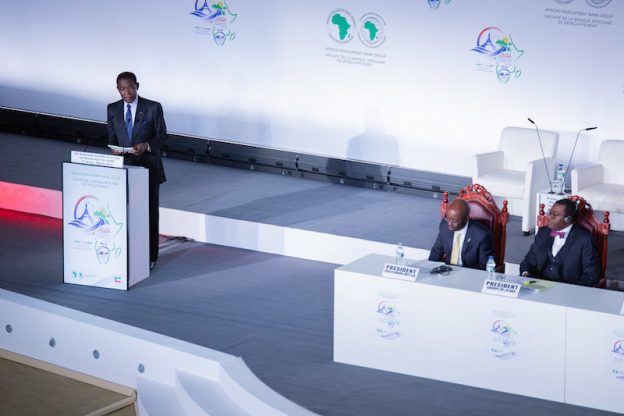The shareholders of the African Development Bank (AfDB) have approved an increase of its capital to support its future development finance and impact across the continent over the next decade.
Meeting in Abidjan, Côte d’Ivoire, in October 2019, the shareholders, representing 80 countries, approved an increase in the AfDB’s authorised capital, from $93 billion to $208 billion. At the end of 2018, the Bank had assets of $47 billion and $58 million of net income.
The voting power of shareholders includes Nigeria (9.3%), Egypt (5.6%), South Africa (5%), Algeria (4.2%), Morocco (3.6%), Côte d’Ivoire (3.7%) and Kenya (1.4%). African nations have a total of 59% of the voting powers, while other nations, including the USA (6.6%), Japan (5.5%), Germany (4.1%) and Canada (3.8%), have total votes of 41%.
The path to the seventh capital increase began back in January 2018 and has gone through several steps including interactions and progress review updates with shareholders and partners that were summarized at the 2019 AfDB annual meetings in Malabo, Equatorial Guinea.
The last capital increase was in 2010. Some of the highlights of the funding during the sixth period include the establishment of agro-industrial zones across Ethiopia and arranging $1 billion in finance for South Africa’s Eskom to expand its generation and transmission capacity. There was also the Sene-Gambia bridge, which was the realization of a 40-year dream to connect two countries, the 895-kilometers Addis-Mombasa highway and the expansion of Namibia’s Walvis Bay port to become a regional logistics hub.
A bank study of the impact of its $1.4 billion investments in East Africa region, between 2013 and 2015, found that this had resulted in the addition of $1.2 billion to the economies of the different countries and created over 380,000 jobs
The new funding, which will be called up from shareholders between 2020 and 2025, is intended to finance the Bank’s High 5 priorities and maintain its AAA rating with the top rating agencies. Over the next decade, the AfDB plans to double the funding efforts towards energy and agriculture, with targets to allocate 25% and 20% respectively, to the two sectors by 2031.
The Bank has lined up a three-year pipeline of projects to lend to, including $15 billion in 2020 and $13.6 billion in 2021. Some of the planned projects are targeted at improving continental transport networks, supporting climate change initiatives, and increasing access to electricity and water. One of them is a “Desert-to-Power” initiative that aims to transform the climate-fragile Sahel region into the largest solar zone in the world that will generate 10-gigawatts and impact 250 million people.
